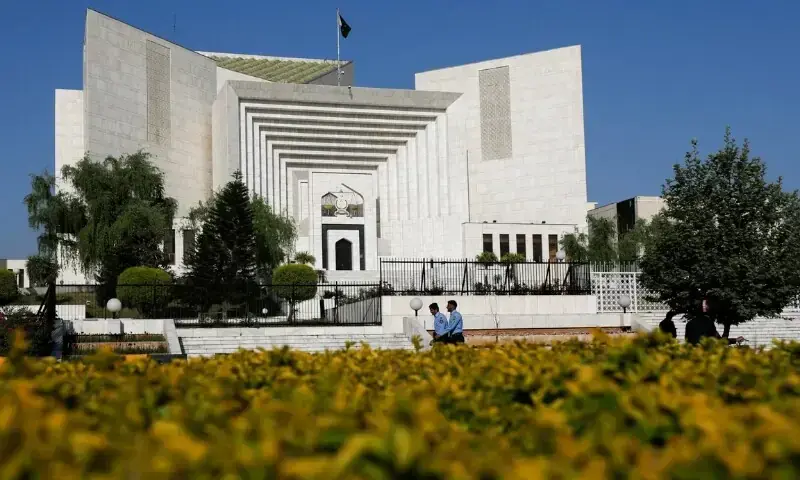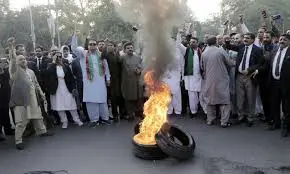SC overturns life sentence, acquits father jailed for 12 years on daughter’s rape charge
The Supreme Court (SC) has acquitted a man who had been imprisoned for 12 years on charges of raping his biological daughter, overturning his life sentence handed down by the trial court and upheld by the Lahore High Court.
A three-member bench headed by Justice Hashim Kakar, with a 10-page judgement authored by Justice Ali Baqar Najafi, ordered that the accused be released immediately if not wanted in any other case.
According to the ruling, the statement of the alleged victim was riddled with contradictions, with no clear date or time of the incident.
The court noted that no mental maturity test was conducted when recording the child’s statement, which is a legal requirement to establish credibility under the Qanun-e-Shahadat (Law of Evidence).
The judgement further highlighted that the medical opinion in the case was inconsistent — the doctor initially confirmed sexual assault but later denied it during cross-examination.
The complainant (the child’s mother) and her brother were not eyewitnesses, only hearsay witnesses.
The court also noted that the case was clouded by family disputes over property and domestic issues, which raised doubts about the credibility of the prosecution’s evidence.
Consequently, the Supreme Court ruled that the prosecution had failed to establish guilt beyond a reasonable doubt.
The case dated back to 2010, when the accused’s six-year-old daughter alleged rape.
A trial court sentenced him to life imprisonment along with a fine of Rs35,000, and the Lahore High Court upheld the verdict in 2013.
The accused then challenged the decision in the Supreme Court.
IHC grants bail
Separately, the Islamabad High Court (IHC) granted bail to a man accused of raping his three-year-old daughter, against surety bonds of Rs100,000.
Justice Tariq Mehmood Jahangiri ruled that bail could be granted under Section 497 of the Criminal Procedure Code in cases requiring further inquiry, noting that the seriousness of the charge alone was not sufficient to deny bail.
The court clarified that bail does not equate to acquittal but is merely a transfer of custody from the state to a guarantor, who is responsible for producing the accused when required.
The petitioner, Mohammed Haseeb Hafeez, had been in jail for three months without progress in trial proceedings.
His lawyer argued that the case stemmed from domestic disputes and that the child’s mother — who had filed for khula after a second marriage — had falsely implicated him.
A medical report from Pakistan Institute of Medical Sciences (PIMS) stated that no physical signs of sexual assault were found.
The report further mentioned that the mother, not the child, informed doctors of the alleged abuse, and that the medical examination could not be completed due to the child’s non-cooperation.
Investigators also failed to conduct a psychological assessment of the accused.
The court observed that there was no reasonable justification to conclude that a well-educated man employed with a sensitive government agency would commit such a crime.
For the latest news, follow us on Twitter @Aaj_Urdu. We are also on Facebook, Instagram and YouTube.
























Comments are closed on this story.